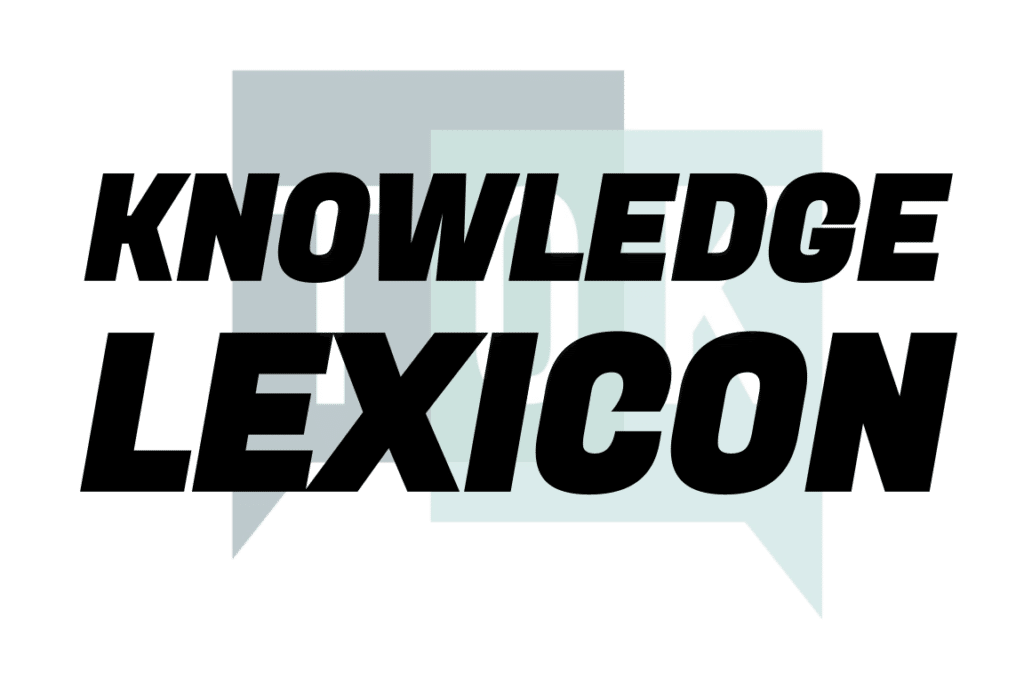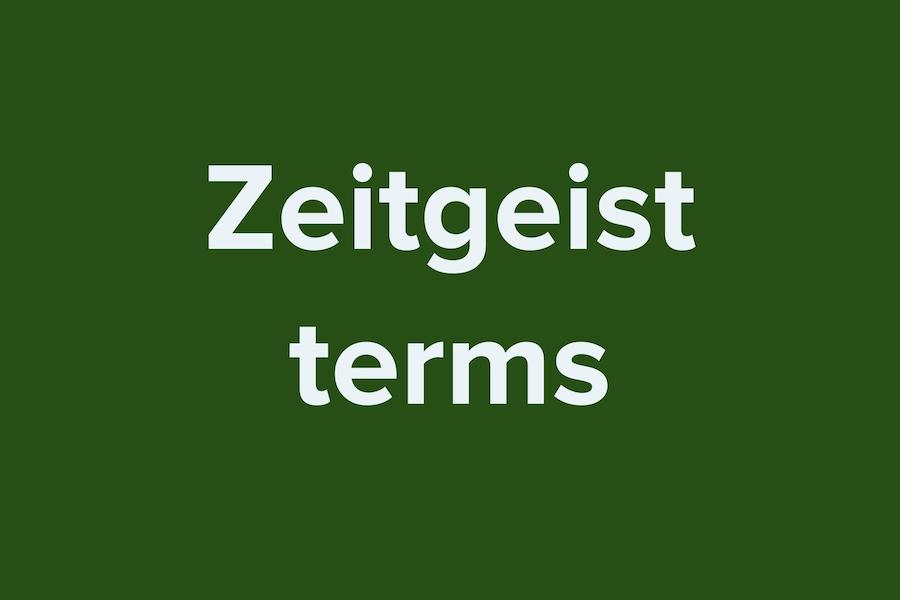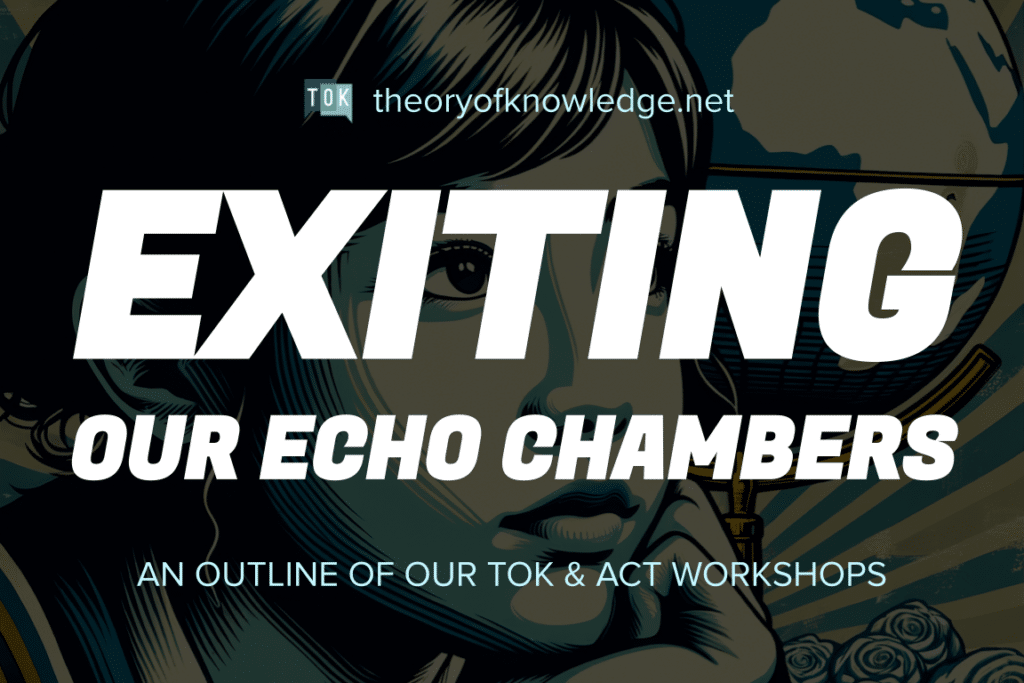
The knowledge lexicon lists 1000 terms and concepts related to the way we produce, evaluate, and use knowledge. Each term is related to a TOK context, and we’ve provided a link to a media source in which the term is discussed.
The lexicon is presented on a Google Sheet, allowing you to and search the terms however you want, for example, by TOK context, BQ, media source, or via our identification of ‘course’, ‘essential’, and ‘zeitgeist’ terms (see below).
Course, essential, and zeitgeist terms
Although all of the terms within the lexicon are important, and will help students to become more able knowers of the world, some are particularly significant, either because they are central to the course, because they are a fundamental part of how we make sense of the world, or because they have a strong resonance to what’s going on today.

The course terms indicate an element of the TOK syllabus, the 12 key concepts, or terms that have long been associated with the course. Examples include ‘history’, ‘technology’, ‘truth’, ‘power’, and so on.

The essential terms are the ones we think are absolutely key to becoming a real-world critical thinker. You’ll find terms such as ‘bias’, ‘causation’, ‘correlation’, ’empiricism’, ‘rationalism’, and so on.

Our zeitgeist terms are ones that have a particular relevance to the world today. You’ll come across ‘fake news’, ‘firehosing’, ‘cognitive offloading’, and a many of other terms that we’ve linked to the latest media sources.
Tracking shifting meanings
Because meanings can depend on the context in which they are found, or the question being asking about knowledge, many terms appear more than once in the lexicon. For example, we include explore ‘morality’ within the natural sciences, the arts, and technology, shifting the meaning of this term as we move from one area of knowledge to another.
‘Objectiveness’ also makes several appearances; students can consider how this relates to the way our perspectives shape how we understand the world, its role in making us ‘expert’ knowers, and how much it defines the scope of different areas of knowledge. Have a look through the lexicon, and identify more repeat terms!
A resource for all DP teachers!
As with the other resources we offer our members, such as the DP integration tool, the TOK newsletter, and the TOK mini-lessons, we designed the knowledge lexicon just as much with non-TOK teachers, as TOK specialists, in mind.
The list of terms provides all DP teachers with an invaluable bank of vital concepts, and the media sources allow them to explored in a real – rather than textbook – context. The lexicon is thus another fantastic way to integrate the different strands of the Diploma Programme.

Help your learners to exit their echo chambers!
Our online and in-person workshops offer the usual support for students writing the essay and exhibition, and TOK departments designing great courses.
But our training sessions go much further than this: by focusing on authentic critical thinking, they demonstrate how to help learners confront, rather than confirm, their biases and assumptions, and exit their echo chambers. This makes them accessible and relevant for all teachers, whatever their subject or programme. Read more here.